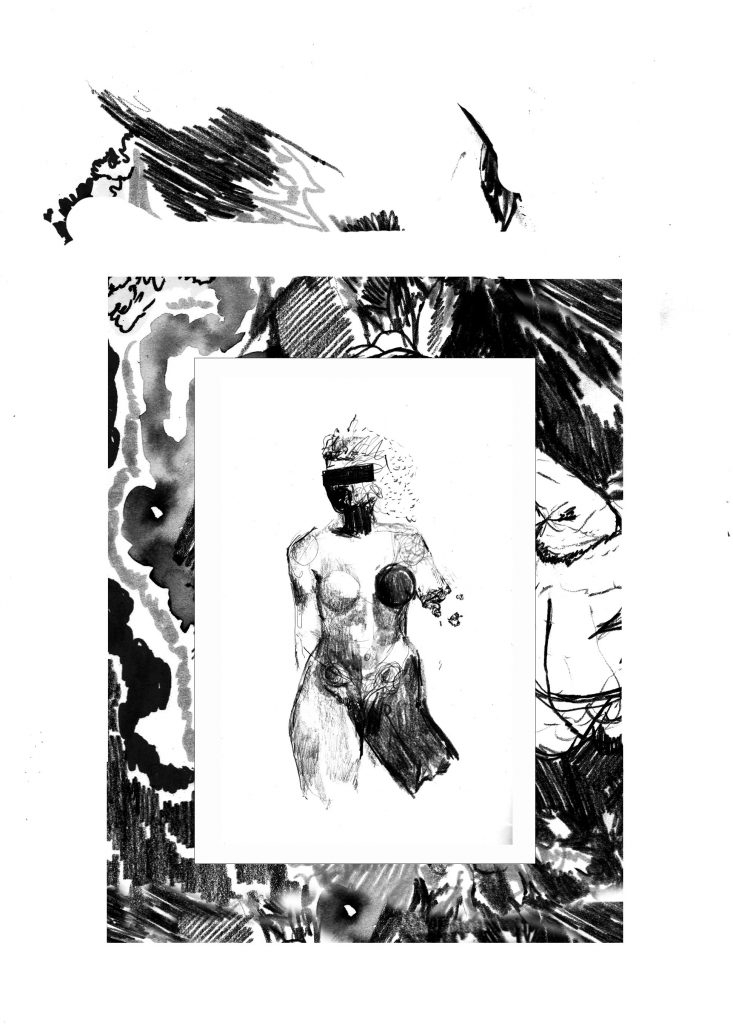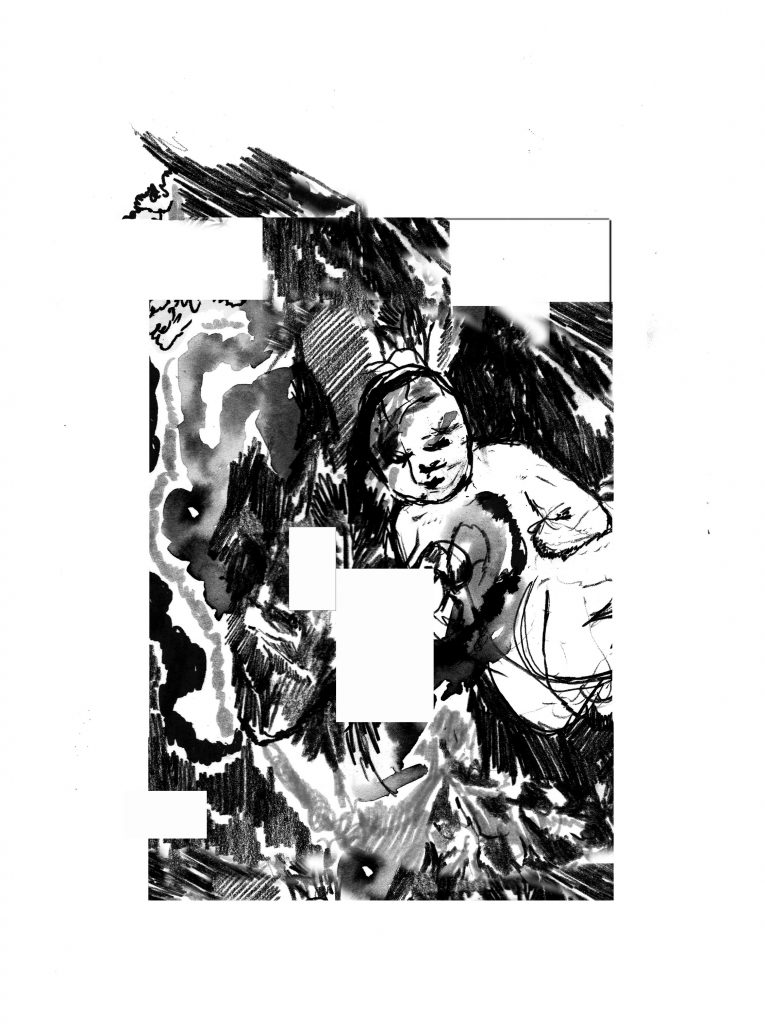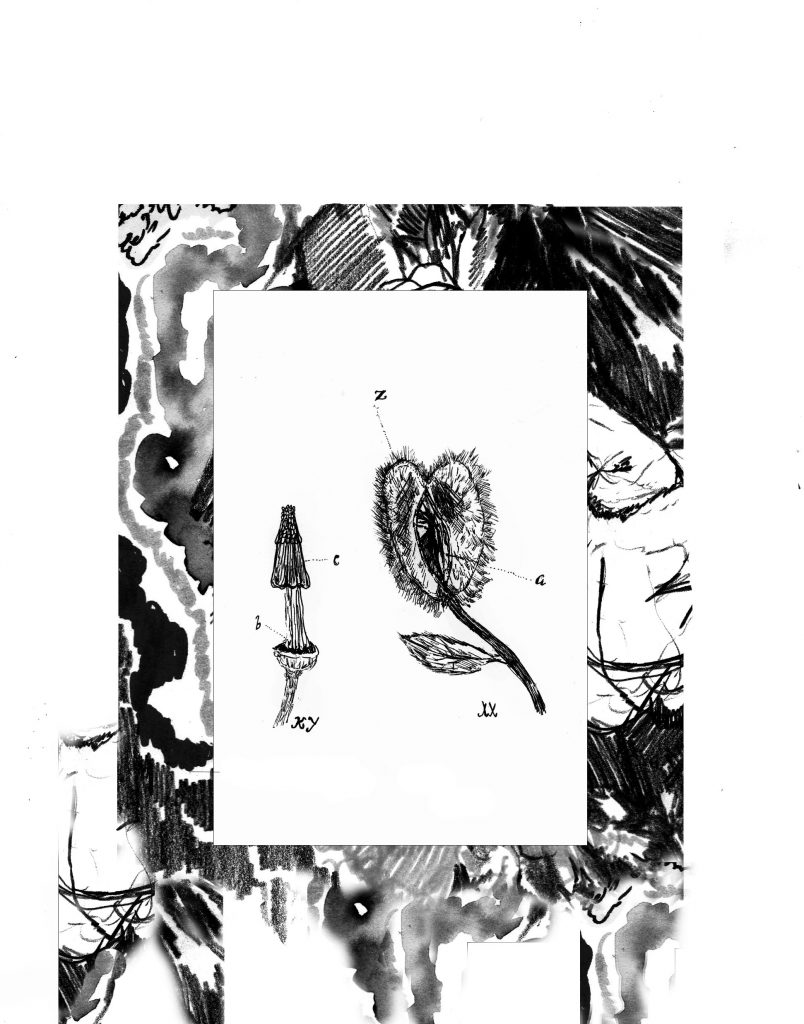
Julian Assange
621 weeks of deprivation of liberty for telling the truth
621 weeks of deprivation of liberty for telling the truth
In many European countries, medically assisted reproduction (MAP) and surrogate pregnancy (GPA) are common practice, as is the opening of these medical techniques to homosexual couples. Currently, 13 European countries restrict MAP to heterosexual couples who have been diagnosed with infertility. MAP is extended to single women and same-sex couples in eight EU countries, including Belgium. Seven member countries allow GPA. In the Netherlands, Poland, Slovakia and Belgium, there is no legislation that prohibits or permits it. Its practice is in fact possible, without any limit being set. On the other hand, it is legally regulated in Romania, Ireland and the United Kingdom.
On the whole, these questions do not elicit much reaction, as if they were self-evident, belonging to an order that can even do without any legal framework. Also, there is almost no debate about the installation of « new forms of family », allowed thanks to the possibility given to lesbian or homosexual couples to « procreate » in the absence of the other sex. This is pure logic, all the more effective because it has decreed that nothing is impossible.
Belgium is particularly exemplary of this state of affairs. The parental project of lesbian couples has been taken care of since the 1980s, well before MAP was legally regulated. As for surrogate pregnancy, no legislation prohibits it, which in fact authorizes it, without any questioning. A large parliamentary majority is in favor of a legal authorization of GPA which would also concern homosexual couples. The desire expressed by these parliamentarians to exclude « commercial surrogacy » contrasts with the fact that several surrogate mother « exchanges » have not been prohibited on the national territory.
THE OPPORTUNITY FOR A DEBATE?
To understand what is at stake in these societal issues, it is useful to look at the countries where they generate reactions and resistance, in France for example. The intentions of the government are announced in advance, such as the presidential project to pass a law that will open medically assisted reproduction to lesbian couples and single women. In an opinion dated June 27, the National Consultative Ethics Committee, on the « societal demands for recourse to medical assistance in procreation », supported this desire, while remaining hostile to the introduction of GPA. The majority considered that « this request… of artificial insemination with donor, to procreate without a male partner, outside of any pathological infertility, is part of a demand for freedom and equality… (1) « . Compared to Belgium, France seems to be « behind ». This is also an element put forward by the supporters of these reforms, insisting on the « normality » of their position. These procedures already exist in many European countries, so why not introduce them in France?
However, these reforms are important, they promote a new form of family composed of parents of the same sex, a family unit from which the other sex is excluded a priori. This new structure should not be confused with same-sex blended families with children from a previous union. In these new family forms, the father and mother become interchangeable. The change is part of a societal trend, established in most Western countries and promoted by international organizations. It leads to a denial of any difference, that of the specificity of the paternal and maternal functions and finally that of the sexes. However, if sexual indifferentiation now seems to be self-evident, it is a real break in the history of humanity.

AN ORIGINAL QUESTION
The existence of a sexual division has always been questioned. Why two sexes and not one? The differentiation to which the founding texts of our culture refer is not of the natural order. If sex is part of the Real, it is well organized by the Symbolic. This knotting separates it from nature and forms what specifies the human humus. The mythical stories, the Greek texts or those of the Old Testament, are enlightening, because they are in an analytical position concerning our condition. They indicate that the sexual division is not a natural given, but a condition of symbolic order for a society to begin. As soon as he is sexualized, the human being is no longer a whole. The sexual division installs a lack, it reveals an incompleteness. The sexual division thus inscribes the desire of the other and becomes then constitutive of a social relation, of the possibility of a society.
The question is already part of Greek mythology. In the twelfth century BC, Hesiod poses the problem through the story of Pandora, the first woman created on the orders of Zeus, to distinguish men from the gods. Until then men, the only existing sex, lived among the gods and reproduced by receiving male children from the temple. They did not have to provide for themselves or their descendants(2).
The creation of the woman is a rupture of a life without temporal dimension. By his coming, the man becomes mortal and is born from a female lap. A human history can then begin by separating itself from the world of the gods.
The purpose of the Pandora story is found in the biblical text relating to the creation of Eve. In the Garden of Eden lived Adam, an undifferentiated human, male and female, neither man nor woman. This being is deprived of relationships. In order to bring Adam out of his isolation, God will create a counterpart by separating the two sexes(3). However, entering into a relationship is only possible if everyone accepts a lack. The recognition of the opposite implies a loss. Sex thus becomes « the sign of the universal differentiation that separates the Creator from his creature.(4) » Each sex is only one side of the relationship, no one can be the whole. The mere presence of the other sex indicates that the other is radically missing.
On the contrary, the current reforms instituting a new form of family composed, a priori, of parents of the same sex, erase the presence of the other, that of the male donor or the female surrogate. By eliminating the opposite, they cancel the lack, making the man or woman one, a complete being similar to the Adam or the men living among the gods.
DENIAL OF CASTRATION
The analysis of the Ethics Committee invokes « a recognition of women’s autonomy ». In fact, in this text that wants to extend MAP to lesbian couples and single women, only one sex appears, that of the woman. In the case of the PMA, the woman shows herself as all and can engender without the other sex. The male is cancelled by his sperm donation. Procreation is separated from sexual relationship. The woman has to deal only with the medical machine that guarantees her « autonomy », i.e. the absence of the other.
The fusion with the medical machinery suppresses the castration. The same is true for the homosexual couple in the context of GPA. It is the same operation of denial of the other, the latter existing only as a support for a technical operation, as a cog in the medical machine. However, if the outsourcing of procreation makes the masculine disappear in the framework of MAP and the feminine in GPA, it also cancels the feminine or masculine originator. Its image of omnipotence, the apparent absence of lack, masks its total subordination to the medical and state machine.
The female or male applicant occupies a place similar to that occupied by men in Greek myth where they received children from the religious temple, the service being provided today by the medical temple. Like the mythical Greeks, they have no lack, they have no other and they are totally dependent on the divinity for their procreation. However, in Greek myth, the relationship between gods and men is part of a symbolic order. Today, in the triumphant liberalism, the relationship between the medical temple, the sperm donor, the surrogate mother and the user is a contract. There is simply a « right to a child » and a commodity that is negotiated between « fellow human beings ».

BODY SUSPENSION
The French law of 2013, known as « marriage for all, » allowed adoption by a same-sex couple. While the law gave the « second mother » the right to adopt her partner’s child, it did not open access to MAP to lesbian couples. The presidential project completes this legislation because, as expressed by the sociologist Irène Théry, a true militant of this societal change, he partner of the mother who gives birth, the « non-statutory mother », does not find it logical or fair to have to adopt her own child.(5) » The opening of MAP to women’s couples would allow « both mothers » to have a link with « their child » from birth. Thus, this law would also aim to restore « equality » between the biological mother and the « mother of intention ». It would be a matter of establishing an equivalence of rights between the mother, who carries and gives birth to the child, and her partner who simply « conceived » the child mentally. The expression of the will to be a mother must be considered to be of the same order as the actual act of giving life.
What defines procreation in all the reforms concerning MAP and GPA is pure intention, the simple will to be a parent and not the involvement of the body through the sexual nature of the relationship. Through this procedure, the body is denied. Now, as Merleau Ponty expresses it, there is no intersubjectivity, no relation to the other, without intercorporeality. It is through the body that the relationship with the world is established. On the contrary, the current reforms want to eliminate any lack, especially that caused by the natural incapacity to reproduce for a homosexual couple. Thus, for the majority of the ethics committee, this opening of the PMA to the couples of women would have for objective « to palliate a suffering induced by an infertility resulting from personal orientations ». The body is suspended, it can no longer be an obstacle to the will to procreate. This one is free of any obstacle. Then, reproduction does not have to be sexual anymore, but simply results from a request addressed to the medical machinery.
In these societal procedures, the sperm donor (or surrogate mother) disappears behind the requirement of the principal. The « will » thus becomes the only legitimate source of new forms of reproduction. While denying the other sex, they deliver the individual from his body and from his division. The « right to a child » is then pure « will to enjoy », an object enjoyment, self-referenced and autonomized from desire and thus freed from lack.
A WORLD OF MONADS
MAP, like GPA, are societal techniques that transform individuals into monads, into « ones » who no longer have to face the « cut », the difference of the sexes. It is about giving consistency to a world without limits. These reforms install a real « virtual cloning » which transforms the child into the object of the principal and a product of the state power. They create a universe where it would no longer be necessary to face the presence of the Other, thus to be confronted with its division, with its own castration. They install a world where the third party is suppressed, a monadic universe where the individual is only in relation with his institutional mother. These reforms thus consecrate the end of the social body, of human society proper, in favor of the sole monad-State relationship, a post-modern form of the exclusivity of the relationship between Adam and God.
The externalization of reproduction is a political choice of a society composed of monads that do not relate to each other. As Leibniz anticipated, « God alone », in this case the medical machine, » makes the connection and communication of these substances(6) ». He also concluded that « the state of individuality makes them like little gods ». This societal project, based on unopposed capitalism, is opposed to everything that has constituted our humanity until now. It is a question there of a reversal of the choice of which the mythical texts account, that of the installation of a specifically human world by the opening with the other thanks to the creation of a opposite. The current option goes in the opposite direction, the new Adam, the monad, limits his relations with what occupies the place of God: the state power.
Tülay Umay, sociologist.
Has written in Le Monde, La Libre Belgique, L’Humanité, Le Soir, La Pensée, Le Sarkophage…
